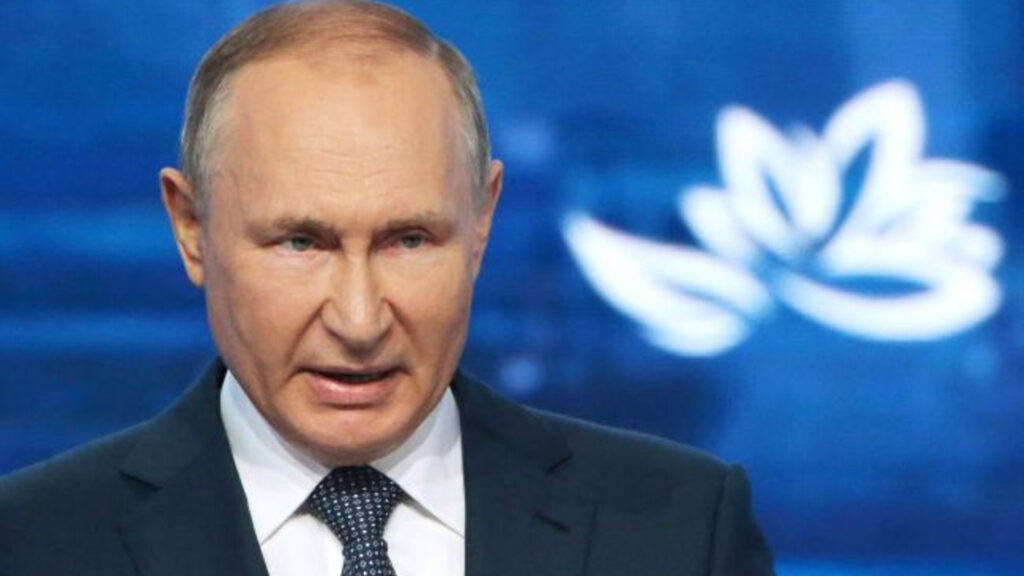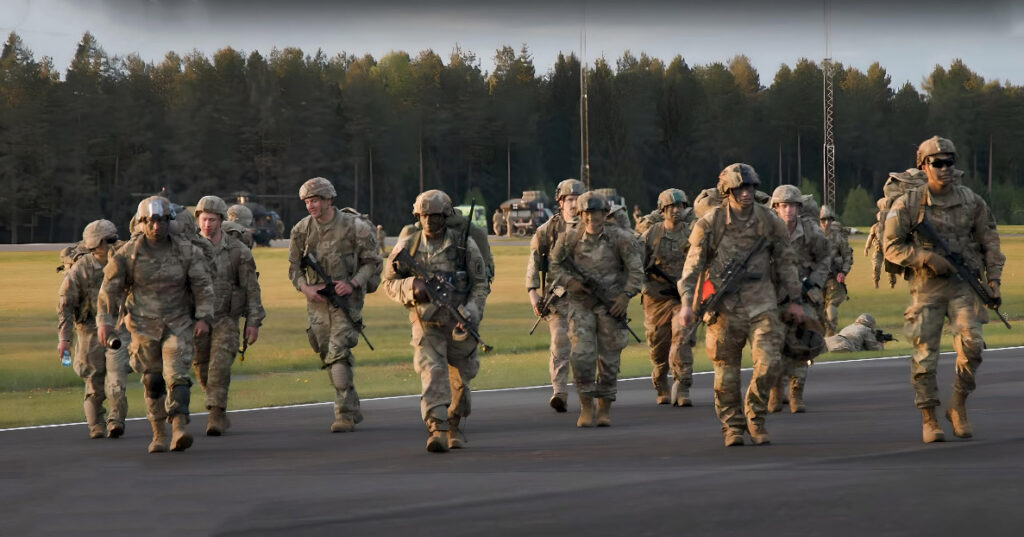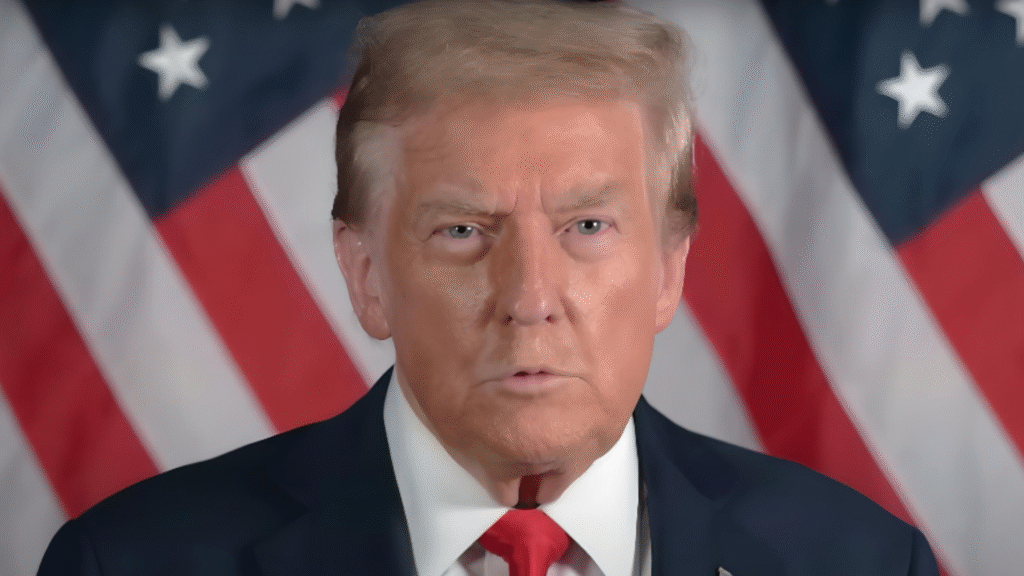In a recent interview with an Arab television network, Russian President Vladimir Putin has once again raised the stakes in the ongoing conflict with Ukraine, issuing a series of uncompromising demands that threaten to derail any prospects for peace. His remarks reflect a persistent strategy of coercion, prioritizing territorial and political concessions over dialogue, and further complicating an already volatile situation.
At the core of Putin’s latest ultimatums is the insistence that Ukraine recognize the so-called “referendums” held in occupied territories. These votes, widely condemned as illegitimate by the international community due to their orchestration under military coercion, were described by Putin as a legitimate expression of local will. He warned that Kyiv’s refusal to accept these results could trigger a new wave of hostilities, raising fears of further escalation.
Additionally, Moscow has reiterated its call for Ukraine to adopt a “neutral status,” effectively demanding that Kyiv abandon its aspirations for closer ties with Euro-Atlantic institutions. Putin also emphasized a prohibition on the deployment of nuclear weapons in Ukraine—a concern that neither Kyiv nor its allies have ever pursued, suggesting the issue is more a rhetorical tool for domestic and international propaganda than a genuine strategic worry.
Another key demand involves the “protection of rights for Russian-speaking and pro-Russian citizens” in Ukraine. This vague phrasing echoes justifications used by Moscow in past interventions, including the 2014 annexation of Crimea. Analysts see this as a pretext to maintain political and military influence over Ukrainian territory, cloaked in the language of humanitarian concern.
Putin’s rhetoric also took aim at unspecified “external forces,” accusing them of manipulating Ukraine as a proxy to weaken Russia. Such claims appear designed to sow discord between Kyiv and its global partners while reinforcing a narrative of victimhood that resonates with Russian domestic audiences. The portrayal of Russia as a besieged state under siege remains a cornerstone of Kremlin messaging.
Previous Russian proposals during stalled negotiations have included equally untenable conditions: Ukraine’s surrender of sovereignty over multiple regions, the withdrawal of its forces, the abandonment of claims to reparations, and formal guarantees against NATO expansion. These terms amount to a demand for Ukraine’s strategic capitulation rather than a framework for peace.
Ukrainian officials have been resolute in their response, declaring that the country’s sovereignty and territorial integrity are non-negotiable. Support from international allies remains steadfast, with many reaffirming their commitment to Ukraine’s defense of its borders and democratic principles.
Far from offering a path to de-escalation, Putin’s latest pronouncements underscore a reliance on brinkmanship and intimidation. This approach not only heightens the risk of further conflict but also exacerbates the severe humanitarian toll already felt across the region. As tensions mount, the international community faces renewed challenges in countering aggression while supporting Ukraine’s right to self-determination.



